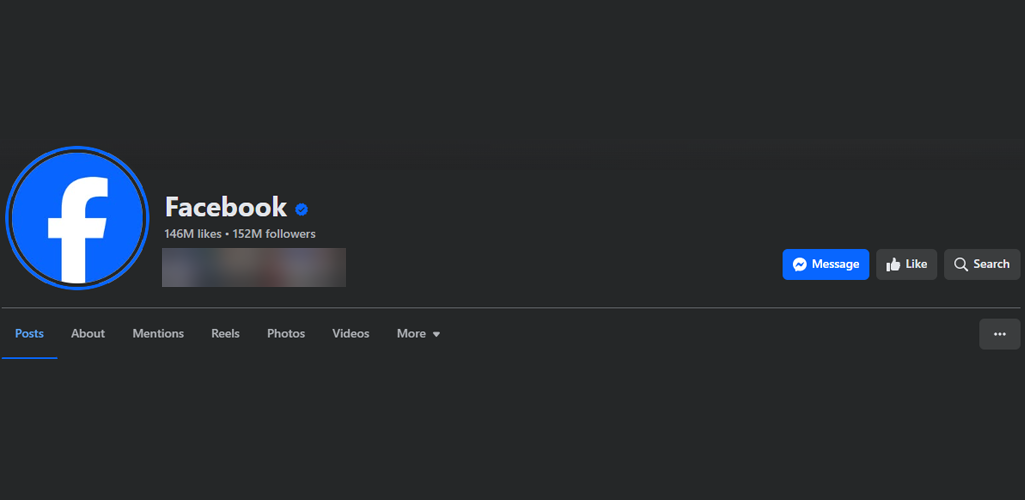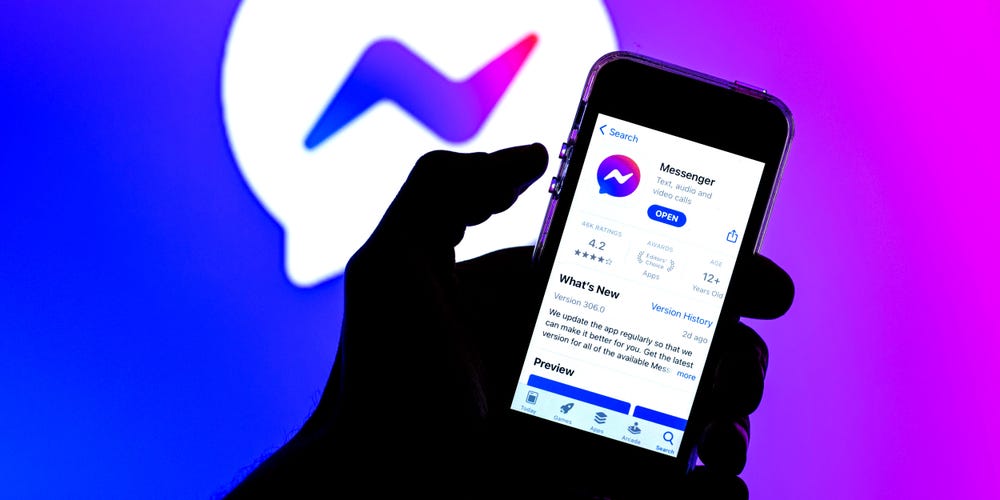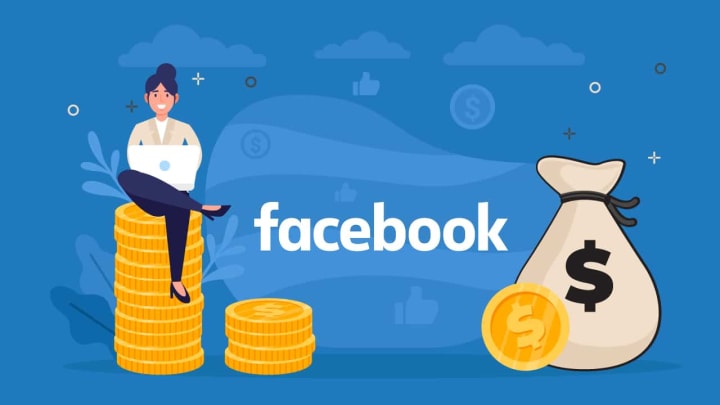Nowadays, businesses, Facebook influencers, and steady people must connect with their target listeners by getting significant supporters on social media sites like Facebook. However, it can be tough to get a lot of supporters on Facebook, even if you have stimulating content. There are numerous possible reasons why your Facebook fans aren’t growing as fast as you’d like, even if you’re doing everything right. In this piece, we’ll examine 5 possible reasons for this event.
Page Contents
Why aren’t more people following me on Facebook?
There is no doubt that Facebook is a very competitive place. Big tech companies, new platforms, privacy issues, changing user behaviour, and advertisers all want a piece of the digital world. Even with these problems, Facebook has shown that it is strong and flexible by constantly changing to meet its advertisers’ and users’ needs and demands. Facebook stays ahead of the competition in the fast-paced world of social media by focusing on new ideas, improving the user experience, handling privacy concerns, and fine-tuning its advertising options. As the digital world changes, Facebook must stay flexible, predict trends, and change its tactics to stay ahead of the competition. These facts give an idea of the issues that you are facing as a Facebook user.
1. Not sufficient motivating content
One of the primary reasons you are getting success in this sector. The main reason your Facebook fans might not be increasing is that you aren’t posting stimulating things. As an explanation made by AI, it’s significant to recall that users want to interact with actual people. AI-made solids might not always have the individual touch and expressive joining users seek. To get around this, you should emphasize making substantial that persons can narrate to, discover the value in, and want to interact with. Remark on other people’s stakes, answer their queries and start significant chats. This method helps you connect with your supporters. This also gives benefits in the long run in terms of success. Adding an individual touch to your content is a prodigious method to connect with your spectators and get more people to follow you.
2. Posting an agenda that isn’t consistent
Reliability is significant if you want to shape a faithful following on Facebook. If you only post content sometimes or consent to long gaps between posts, it can upset your fan evolution. People are creatures of custom and like it when the accounts they trail are reliable. Find out when your spectators like seeing new posts and stick to that strategy. This builds faith and reliability, making people more likely to interrelate with and share your material. Faith is necessary to increase the number of followers.
3. Not enough advertising and exposure
Facebook’s system decides how visible your content is based on several factors, such as how much people interact with it and its relevance. Try new and innovative ideas and tricks to entertain the audience. Understanding Facebook’s algorithms and getting valuable Facebook networks are significant if you want to be originated and get your message out there. If you don’t endorse or show off your Facebook page, saving up for its development becomes hard. You can effortlessly reach your target collection on Facebook by running relevant ads that get people to follow you.
4. Not involving the community
There’s more to Facebook than just self-promotion. It’s also a lively community where people can meet and interact with others who share their interests. You miss out on prodigious probabilities to produce success if you only work on sharing your material and don’t interrelate with others. It’s worth your time to look into significant Facebook collections, join discussions, and make a real contribution to the community. You can naturally get followers with similar hobbies if you show that you are knowledgeable, give value, and interact with other users. Connections make you popular; you need this strategy to achieve the desired results.
5. Not expressive enough about your target spectators
To upsurge the number of individuals who follow you on Facebook, you must know who they are and what they want to see. If your account isn’t being used, it can be tough to tell what your spectators wish and why they want to get more Facebook groups. You can learn a lot about how your supporters act by using information analytics tools and keeping an eye on engagement numbers. Look at the type of content that gets the most engagement, figure out trends in how they interact with it, and then make your next content fit those patterns. By learning more about your audience, you can create material that speaks to them, which leads to organic growth.
In conclusion
Some problems come with having an inactive account, but there is still a good way to grow your Facebook following. You can get around the issues and slowly gain more followers by making interesting content, posting regularly, actively participating in the community, strategically marketing your content, and knowing your target audience. Remember that being real and interacting with people in a real way are important for building a loyal following, no matter if the account is automatic or run by a person.



